Only a few months ago it would have seemed unthinkable anyone could challenge the SNP’s dominance in Dundee.
But as late polls landed over the final few days and weeks, it became clear that Labour’s huge swell of support across Scotland could bring the city into play.
The end result saw Chris Law, who has represented Dundee for the SNP since 2015, win the new Dundee Central seat with a majority of less than 1,000.
Labour candidate Richard McCready described the gap of just 675 votes as a “remarkable result” compared to the 12,000 majority Law secured in Dundee West in 2019.
Stephen Gethins, who has a small part of Dundee in the Arbroath and Broughty Ferry constituency, was also successful.
With much of the rest of the country turning red overnight, why did the City of Discovery stick with the SNP?
1. Unconvinced by Starmer and Westminster politics
One reason could be a lack of enthusiasm for the leadership of UK Labour leader Sir Keir Starmer.
Data suggests Sir Keir is no more popular personally than Ed Miliband was heading into the 2015 vote, when the Conservatives secured a majority at Westminster.
Since taking over as party leader in 2020, Sir Keir has overhauled Labour’s policies, its personnel and transformed its poll ratings.
But Ben Page, chief executive of Ipsos, said in May that Sir Keir’s personal ratings were the lowest the polling company had ever seen for an opposition leader who was so far ahead in overall voting intention.
He added that it was “more disgust at the Tories than delight at what Labour offers that is driving politics”.
Speaking at the count on Thursday night, Mr Law spoke of local voters’ anger towards Westminster politics.
He said: “The feeling on the doorsteps was that people felt tired of the difficulties they’ve had to face – the cost-of-living crisis, austerity.
“The second thing I would say is that this is a really bad time for an election to be called.
“A lot of people are frustrated that they could not vote as they we were away on holiday.
“That says a lot about how Westminster doesn’t work.”
2. City has SNP at every level
The previous first minister, Humza Yousaf, lives in Dundee and his deputy during that period, Dundee City East MSP Shona Robison, remains among the most senior nationalist figures in the country.
Joe FitzPatrick, the former SNP public health minister, represents Dundee City West.
Dundee also has an SNP-controlled city council, with the party securing a majority after winning 15 councillors out of 29 during the 2022 council elections.
Against that backdrop, it was always going to be a tough ask for Labour or any other party to win the seat.
3. Swinney factor
New SNP leader John Swinney, who replaced Mr Yousaf in May, was put in a tough position when Rishi Sunak called the election just weeks after his appointment.
But SNP candidates have spoken openly about how the change in leadership allowed them to get a hearing on the doorsteps.
David Linden, who lost out to Labour’s John Grady, says the woes seen by the party over the past 18 months were “on a scale like nothing I’ve ever seen before”.
But he claims Mr Swinney’s appointment “helped things enormously”.
While the shake-up ultimately fell short of helping Mr Linden secure a win, that small boost may have helped Mr Law over the line in Dundee.
4. Independence
The reason for the SNP’s long-running success in Dundee is no secret.
It was given the title of Scotland’s “Yes city” in 2014 following the Scottish independence referendum.
Sir Keir was clear that a Labour government would not grant a new vote on separation even if the SNP won a majority of seats in Scotland.
In reality, they fell far short of that but Sir Keir’s opposition will not have gone unnoticed by Dundee’s pro-independence electorate.
5. Israel-Palestine stance
One of the most interesting stories of this election is how Labour’s early position on the Gaza conflict shaped the final result.
Five independent pro-Palestine candidates, including former Labour Party leader Jeremy Corbyn, won seats across the UK.
Labour and the Conservatives say they want the fighting in Gaza to stop.
Yet, they have backed Israel’s right to defend itself, angering pro-Palestine voters across the country.
Sir Keir was heckled both at the polling station in his Holborn and St Pancras constituency and at his election count as he was declared to have won his seat.
Since the conflict escalated last October, thousands have taken to the streets on pro-Palestine marches in Dundee, including one event where 1,500 people showed their support.
Retired Dundee nurse Elizabeth El-Nakla and her husband Maged, the parents of city councillor Nadia El-Nakla, were visiting relatives before becoming trapped in Gaza for weeks.
The mother-in-law of Humza Yousaf, who was at the time still first minister, recounted the horrors of the Israel-Hamas war after her safe return.
The strength of feeling in Dundee over the conflict, as well as Labour’s controversial early stance, could have played a role at this election.
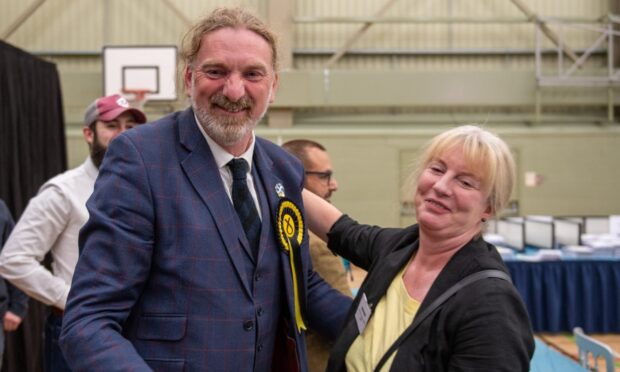
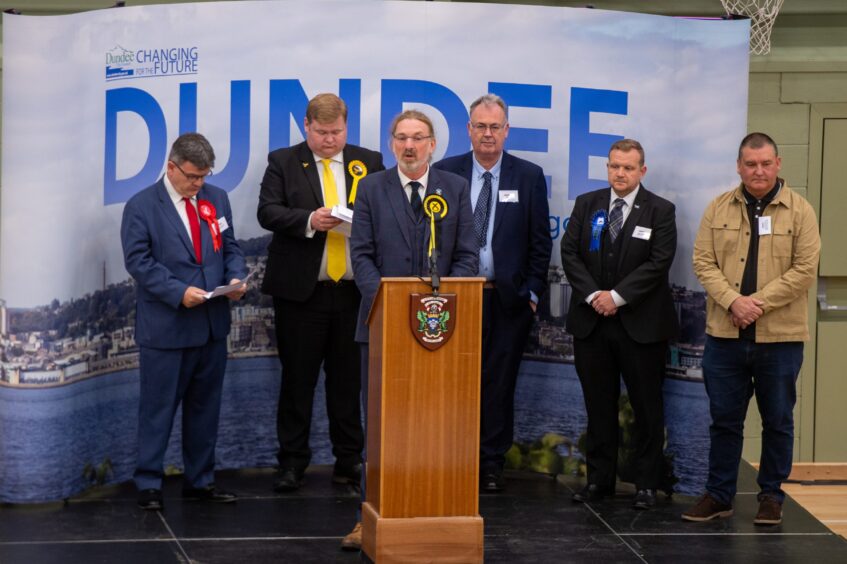
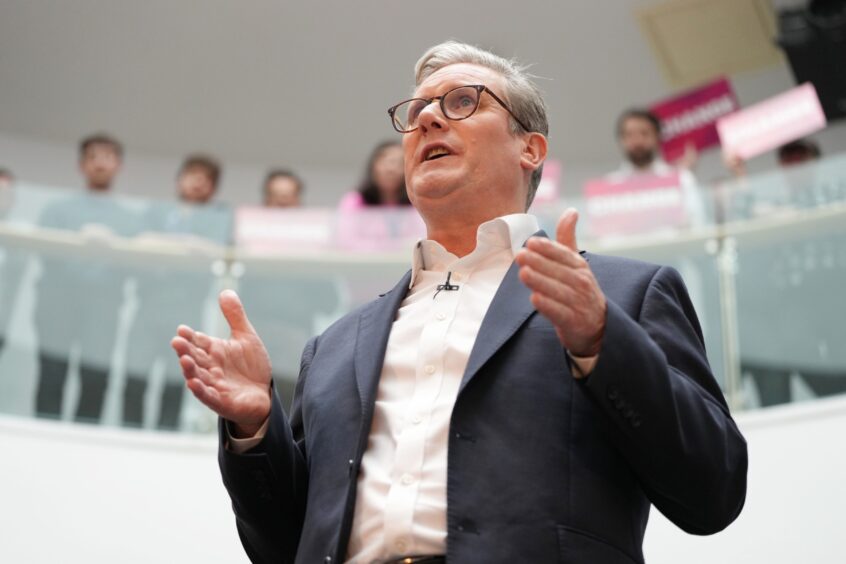
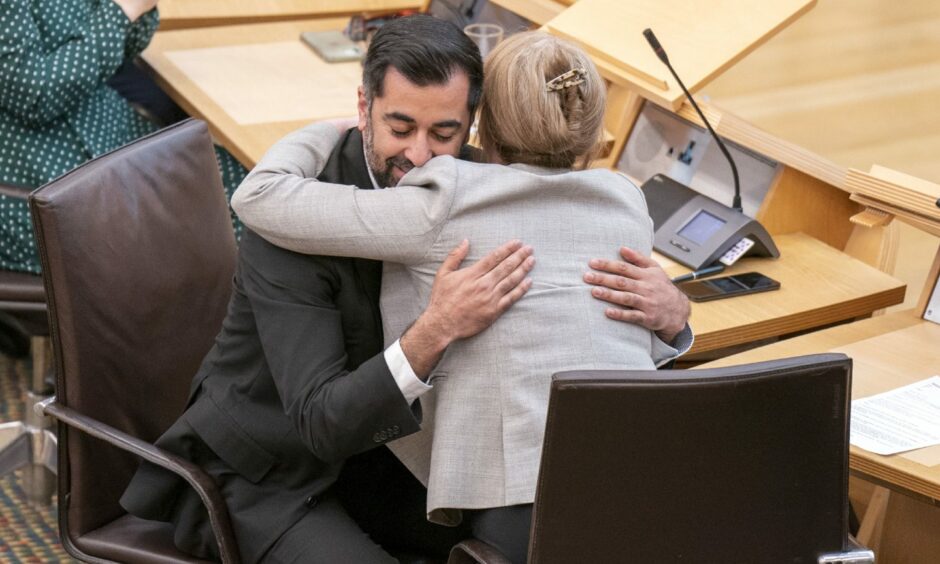
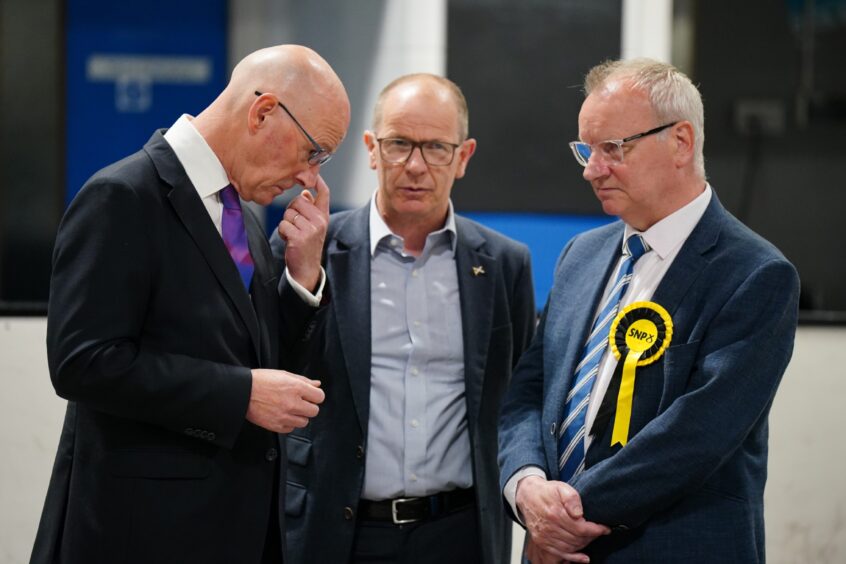
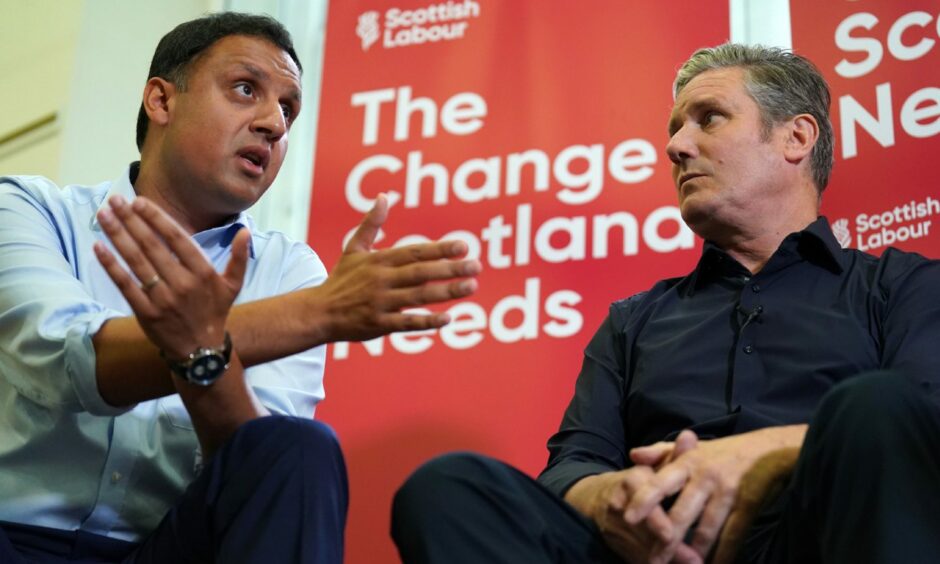
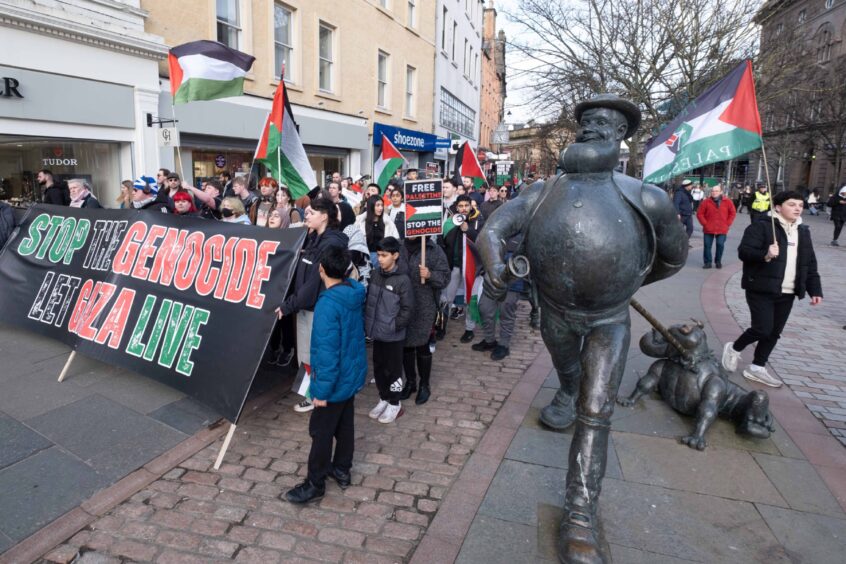
Conversation